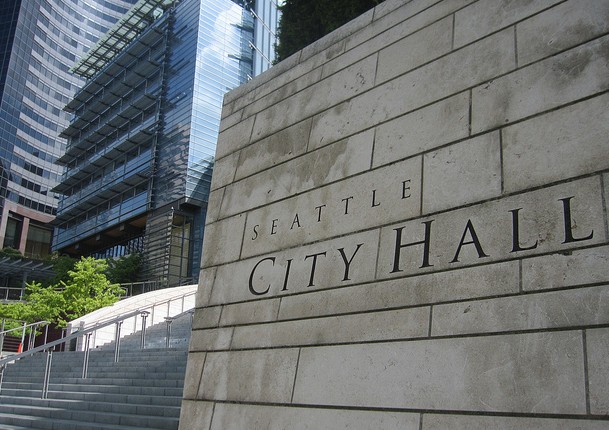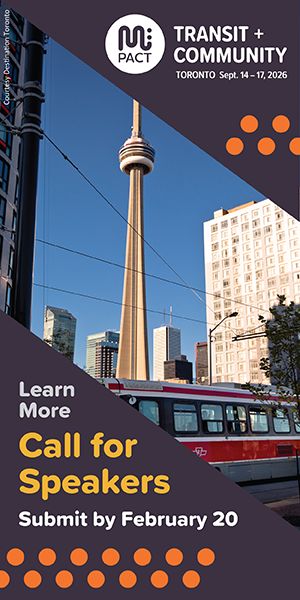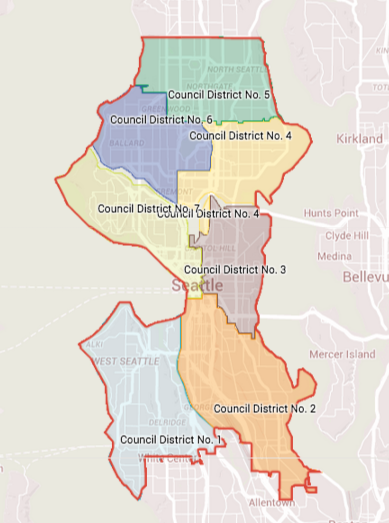
Seattle is on the cusp of a major election that will change the face of the Seattle City Council and perhaps city politics altogether. In 2016, we will see the results of district elections. Seven City Council positions will be elected at the district level and two positions will be elected at the citywide level. All nine City Council positions are up for grabs in the 2015 General Election, and only six of the sitting councilmembers are running for reelection–meaning that whatever the case, at least three new members would join the City Council.
The first step, however, is the August Primary where at least 47 candidates will appear on the ballot across all nine open City Council positions. In advance of this, staff from The Urbanist sat down with 25 of the candidates over the course of four grueling weekends in May and June to hear their perspectives on a wide spectrum of urban issues. The form of these interviews were simple: we asked the same basic set of questions from each candidate. In the following weeks, we shared the content of those interviews through near-daily publication.
Today, we are sharing our endorsements for each City Council position; the decisions were incredibly difficult with universally, highly qualified candidates. All of the candidates showed a strong desire to advance positive policies on land use, transportation, public safety, economic justice, the environment, and a range of other key urban policy realms. Before we get to our endorsements, we want to offer our personal gratitude to each of them. It was a humbling experience to speak with each candidate to hear their story and their vision for this great city. And, regardless of our endorsements, we hope to work with all of the candidates in the future in whatever capacity that may be. Thank you all for the robust and critical discussions on the future of Seattle.
And, without much more ado, here are the endorsements of the The Urbanist Editorial Board.
Position 1 (District 1): Brianna Thomas
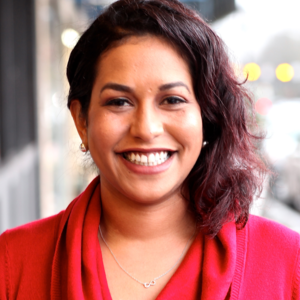
Brianna Thomas is a breath of fresh air–she’s a renter, she rides the bus, and she tells it as it is. She’s a resident of Delridge, a notable community of color that lacks many of the urban benefits shared in wealthier parts of Seattle.
On land use, she thinks Seattle needs to have a come-to-Jesus moment on the fact that two-thirds of the city is blocked from development by single-family zoning. She supports building more family-sized units, additional growth in the city’s urban villages, and expanding development options (like townhouses) in single-family areas. Brianna will work for a transportation system that puts people on foot first. She supports street safety redesigns, the deployment of bike lanes and sidewalks, and a comprehensive frequent network of rail and bus that links all parts of the city and region.
Brianna will also fight for stronger labor rules. She led the successful campaign for $15 per hour in SeaTac and she’ll bring that same enthusiasm for social equity to her very economically diverse district. Importantly, she also rejects the notion of parochialism; instead she will act as a fair voice to the city and her district. We urge you to give your support to Brianna in District 1.
Read our original interview with Brianna Thomas.
Position 2 (District 2): Tammy Morales
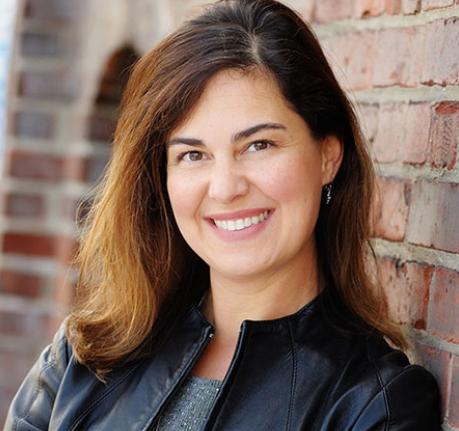
Tammy Morales will provide a unique voice for urban issues in Southeast Seattle. As an advocate on food access, she championed policies that give residents healthier, fairer, and wider access to quality food choices. On land use and development, she wants to see a broader set of choices for housing and building types. Tammy thinks that the City should reevaluate the Urban Village strategy, particularly in Southeast Seattle, so that it can better align with the infrastructure investments like light rail.
As a fighter for working families, she will work to bring more family-sized units to the housing market. She’s also concerned about the welfare of renters, supporting policies that give them greater stability. She’s an unabashed supporter for the City’s Vision Zero program calling for bold action on a safety redesign to Rainier Avenue. She wants to expand Pronto! bike-share and transit throughout the city, including a new light rail station at Graham Street.
Tammy is also a total planning wonk; she’s a planner by trade with a degree in Community and Regional Planning from the University of Texas, Austin. We think that will work to her benefit in dialogue and advocacy on a wide range of social, environmental, and economic issues.
Read our original interview with Tammy Morales.
Position 3 (District 3): Kshama Sawant
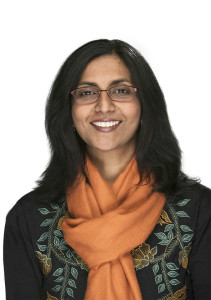
Kshama Sawant is well known for her successful campaign to raise Seattle’s minimum wage to $15 per hour, and her urbanist credentials are no less impressive. She believes solutions for affordable housing must meet the scale of the problem before us. To that end, she supports the maximum linkage fee, using the city’s bonding capacity to build high quality, affordable units, and, central to her campaign, rent control. Building on her principles of standing up for working people, she believes the City needs a strong tenant’s bill of rights. She also appreciated the way marginalized communities, like LGBTQ folks and people of color, are especially impacted.
Kshama understands the strong connection between housing and transit, and the need to accommodate growth without causing excessive displacement. She understands a successful transit system serves trips beyond rush-hour work commutes. She is as committed to Vision Zero as anyone we talked to, asserting that the City should not tolerate traffic deaths any more than we would accept them in our own life.
We love that Kshama is unafraid to propose big, urbanist changes, and after 15 Now, we believe she can make them happen.
Read our original interview with Kshama Sawant.
Position 4 (District 4): Michael Maddux

Michael Maddux is a renter, a bike-commuter, one of just two openly gay candidates, and a true-blue urbanist. A long-time local activist and organizer, Michael knows how to achieve large policy goals, like establishing the Seattle Park District. His current goals are even more ambitious and just as admirable. He wants to turn parking lots into affordable housing. He wants the elimination of traffic deaths on municipal roads to be the city’s highest priority. He wants to investigate new progressive revenue options, including a capital gains tax on property transfers to target property speculators. He supports a new LGBT community center to address growing community needs, including a spike in hate crimes. He wants to invest in infrastructure, like safer road design and high-capacity transit. He wants to invest in people, too, by funding apprenticeship programs (like the one at South Seattle College) that can help to give young people a way out of poverty.
Though he’s running for a district seat, Michael rejects parochialism. He wants what’s best for the city, and especially for its most vulnerable residents, regardless of where they live. We heartily endorse that sentiment — and we heartily endorse Michael’s candidacy.
(Note: Jean Godden is also running in District 4. She was the only current member of the Seattle City Council up for election who did not respond to our requests for an interview, making her ineligible for our endorsement.)
Read our original interview with Michael Maddux.
Position 5 (District 5): Halei Watkins
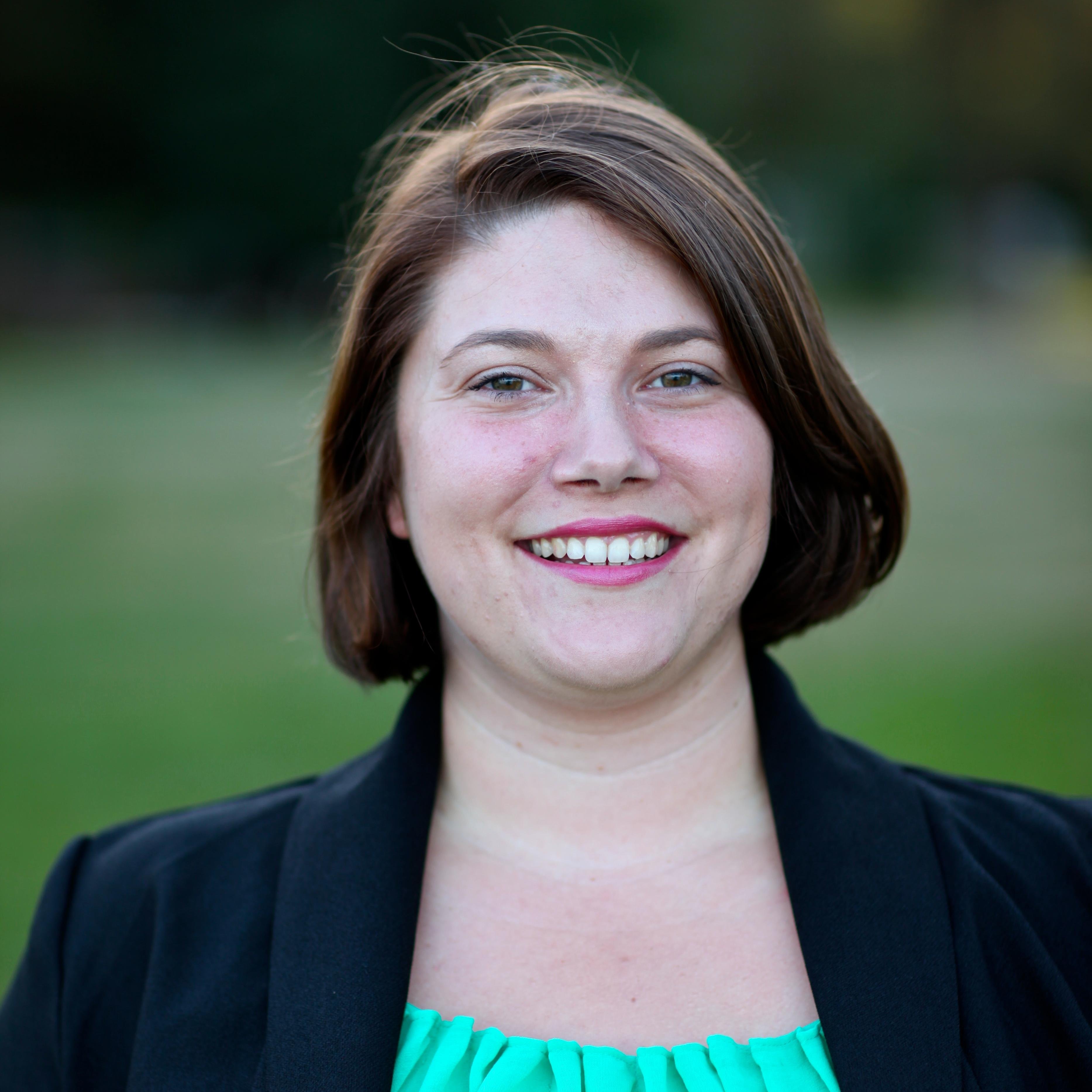
Halei Watkins confidently supports urbanism. Her first point on housing affordability was that we need to build a lot more. She then segued from bluntness to nuance, advocating for mixed-income neighborhoods with a wonky understanding of policy details. She supports increasing the housing levy and linkage fees, revenue that would subsidize housing needed to achieve mixed-income communities. Yet, she understood the private market as well. She criticized setback and parking requirements for accessory dwelling units and detached accessory dwelling units, wants an expansion of the Multifamily Tax Exemption program, defended micro-housing, and suggested a new urban village at NE 130th Street. As a renter, Watkins would bring a needed perspective to the City Council.
On transportation, her priorities were in the right place. Watkins intuitively understood the importance of walkability and named the Northgate Pedestrian and Bicycle Bridge as the most important project in her district. She also connected the Move Seattle levy to achieving Vision Zero. Lastly, she knows light rail will be transformative for her district and that is a critical element for improving access to urban benefits.
Halei Watkins would be a champion of urbanist goals, even in the face of opposition. We endorse her candidacy in District 5.
Read our original interview with Halei Watkins.
Position 6 (District 6): Mike O’Brien
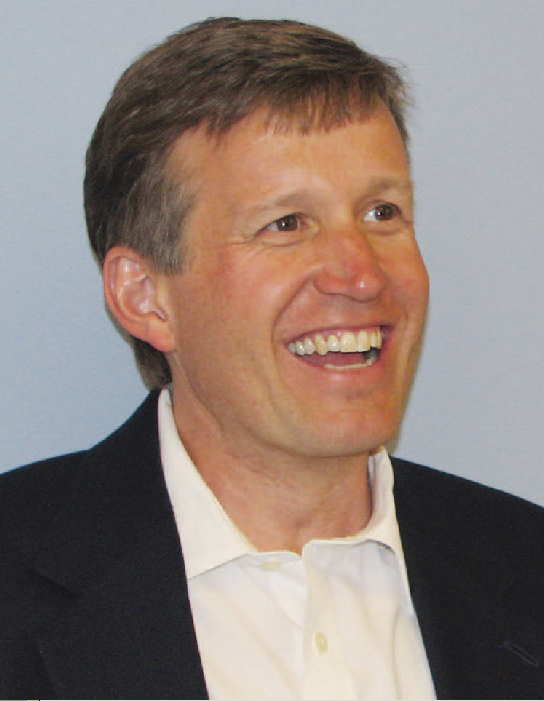
Mike O’Brien understands inclusionary zoning and spearheaded the linkage fee policy, for which he received considerable pushback. He could have limited his efforts to accessory dwelling unit and detached accessory dwelling unit reform but instead committed to solving the real problem: raising revenue to expand access to urban benefits. It is clear he understands the intersection of land use and inequality. He doesn’t gloss over issues with ‘growth is good’ talking points, but rather aims to make growth work for everyone. As chair of the Council’s Planning, Land Use, and Sustainability Committee, Mike has shown a dedication keep growth equitable and circumvent reactive NIMBYism.
On transportation issues, Mike is equally strong. He’s been a strong advocate on the Sound Transit Board, supporting transit oriented development and equity. But more importantly, as a person who bikes, he understands the urgency of walking and biking issues.
The city that The Urbanist wants in the future is the city that Mike O’Brien is working to shape. His knowledge, experience, strategy, and tone are invaluable.
Read our original interview with Mike O’Brien.
Position 7 (District 7): Sally Bagshaw
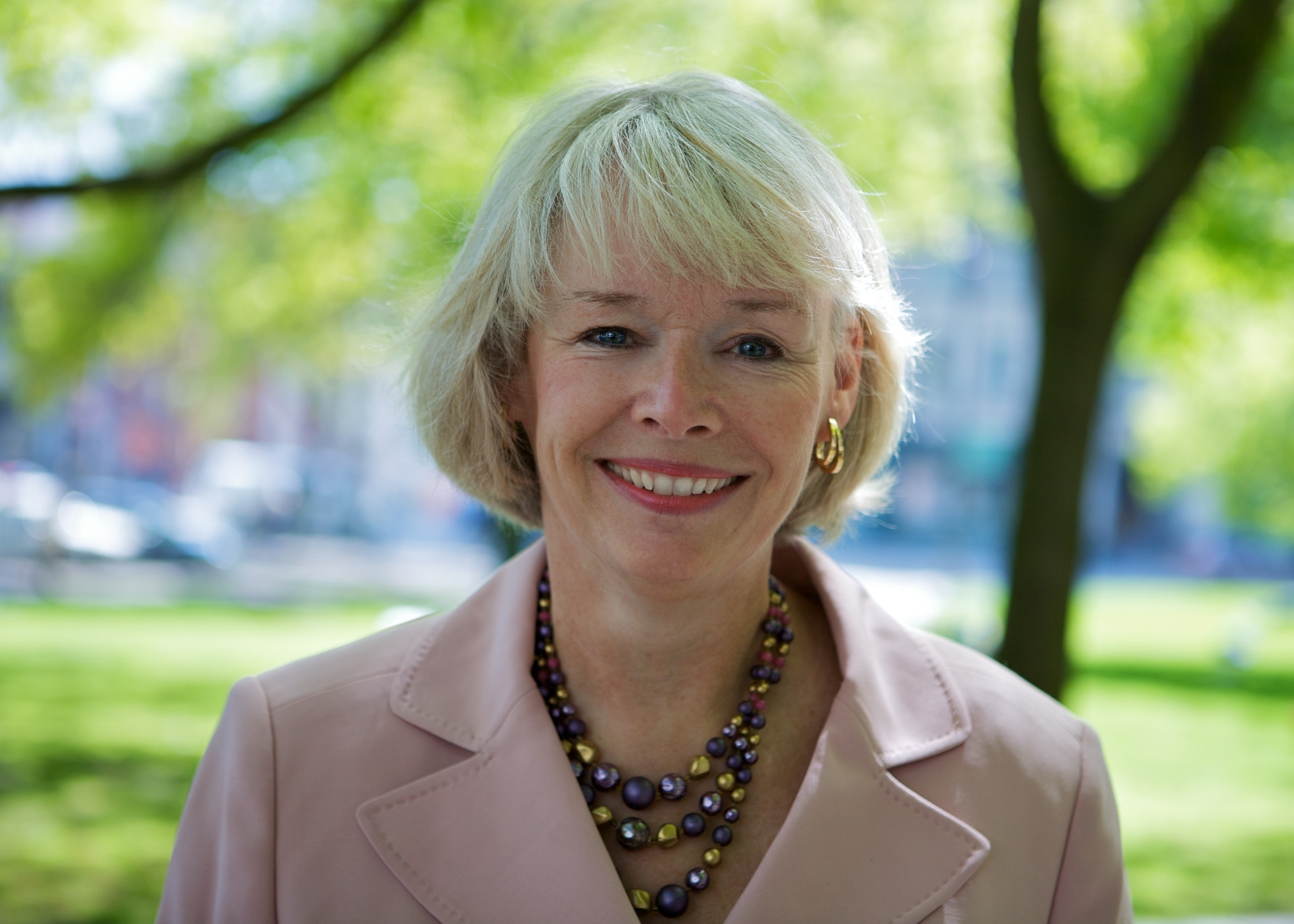
Sally Bagshaw represents both the ultra-dense urban living of downtown and the car dependent single-family neighborhood of Magnolia, giving her a moderated vision of urbanism. As a bike commuter, she depends on protected bike lanes for her commute, noting how much time the new 2nd Avenue lanes save her. She’s the local representative for Seattle’s “Downtown interests,” but displayed a willingness to push back where she anticipated backlash–pointing, for example, to the positive impacts bike lanes have on nearby businesses.
On growth, she noted there’s “no silver bullet, but there is a silver buckshot,” including a range of social investments from pre-K to nursing services for new parents. Sally fought for and won the right for 20 mph speed limits on city streets–a crucial component for our Vision Zero plan. With an eye towards equity, she wants to create a one-stop shop for low-income programs from the ORCA low-income fare to Seattle City Light’s utility discount. Paired with her recent votes against a series of anti-density amendments on low-rise development, she’s shown herself to be a vote we can count on.
Read our original interview with Sally Bagshaw.
Position 8 (At-Large): Tim Burgess
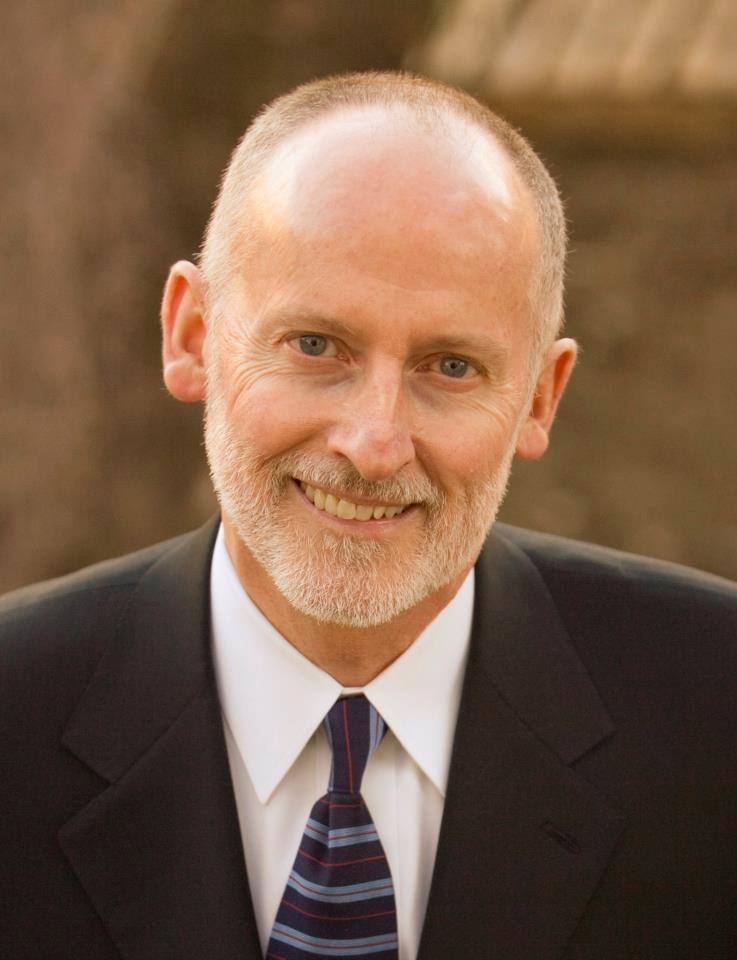
Tim Burgess has been a leading voice on the City Council since he was first elected in 2008. He led the way on the voter-approved pre-K education initiative and currently serves as City Council President. His diverse job history, including stints as a journalist and detective for the Seattle Police Department, has given him a grounded and moderate perspective on city politics. He related almost every issue to one of his primary values: safety. He wants the first four stories of a building to be active and welcoming to create feelings of security among pedestrians. He supports Vision Zero with a strong emphasis on enforcement and education. And, he believes that creating economic security is key to the vibrancy of a neighborhood and success of young kids.
Tim is a strong supporter of linkage fees, density, upzones, and progressive taxation. He supports a reincarnation of the employee hours tax as a dynamic congestion fee–priced higher in areas of high congestion to encourage employees to walk, bike, and bus. He’s shown an authentic willingness to reconsider past policies–from the employee hours tax to micro housing. Tim is a leader, he shares our values, and he will continue to be a voice for our issues on the City Council.
Read our original interview with Tim Burgess.
Position 9 (At-Large): Lorena González
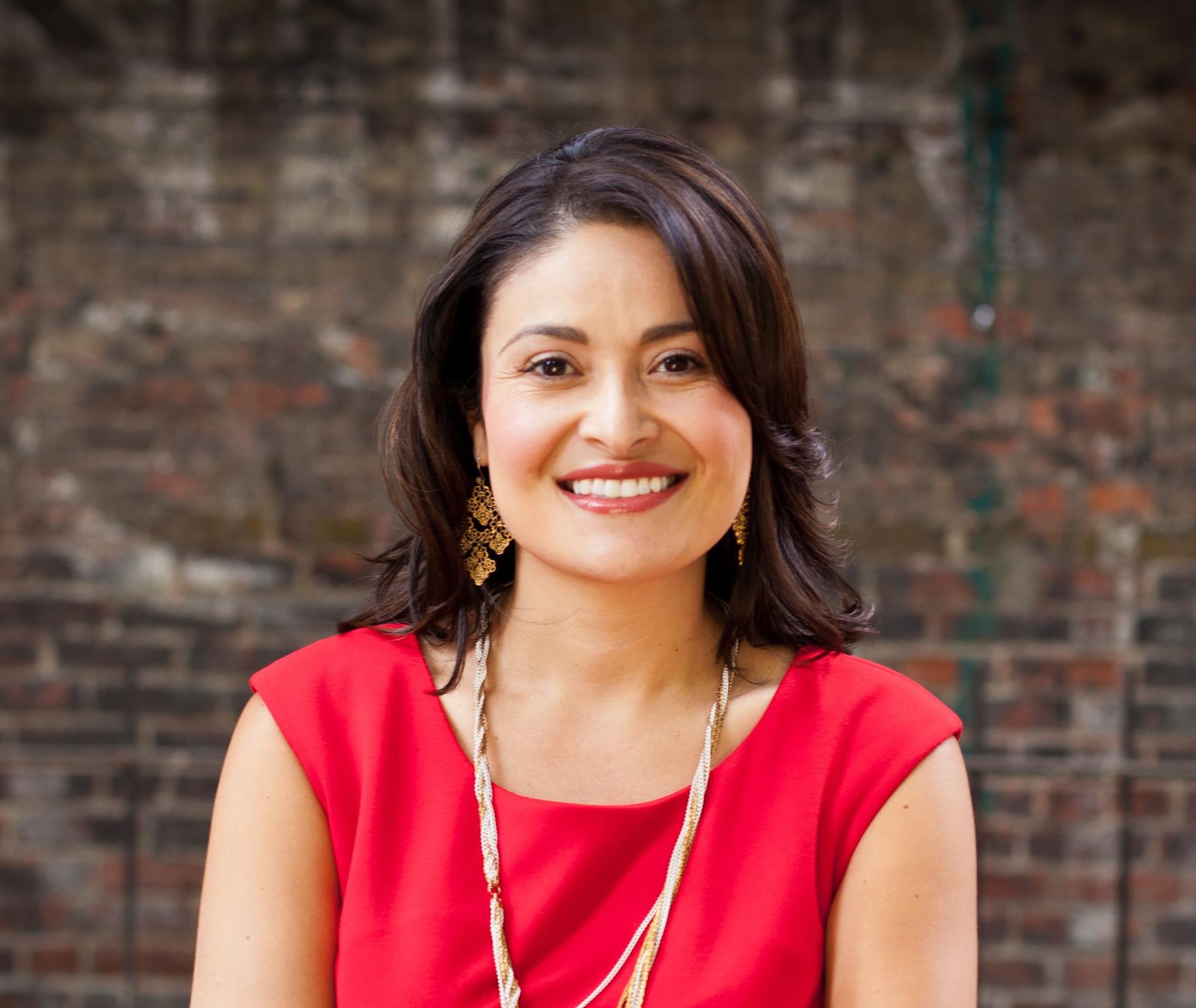
Lorena González is a tried and true leader with life and work experience that will provide wisdom and a needed perspective to the City Council. Raised as a migrant farmworker in the Yakima Valley, she worked her way through college to become a civil rights attorney, President Emeritus of OneAmerica, and President of the Latina/o Bar Association of Washington. She displays an understanding of and dedication to social justice principles and has a pragmatic eye for how to implement those principles city-wide.
Lorena will be an aggressive advocate in obtaining state and federal funds to build more low-income housing while searching for progressive and reliable revenue tools to ensure the City can fund its priorities. She supports linkage fees, mandatory inclusionary zoning, transit-oriented development, tenant protections, and accessory dwelling units. She believes that the City should aspire towards Vision Zero and challenges the primacy given to neighborhood aesthetics at the cost of greater housing.
She’s as comfortable in the weeds of wonky policy as she is giving a 30,000-foot values-based analysis of her political priorities. She’s a fighter, a tested and proven advocate, and a grade-A urbanist.
Read our original interview with Lorena Gonzáles.
The Urbanist was founded in 2014 to examine and influence urban policies. We believe cities provide unique opportunities for addressing many of the most challenging social, environmental, and economic problems. We serve as a resource for promoting and disseminating ideas, creating community, increasing political participation, and improving the places we live.

